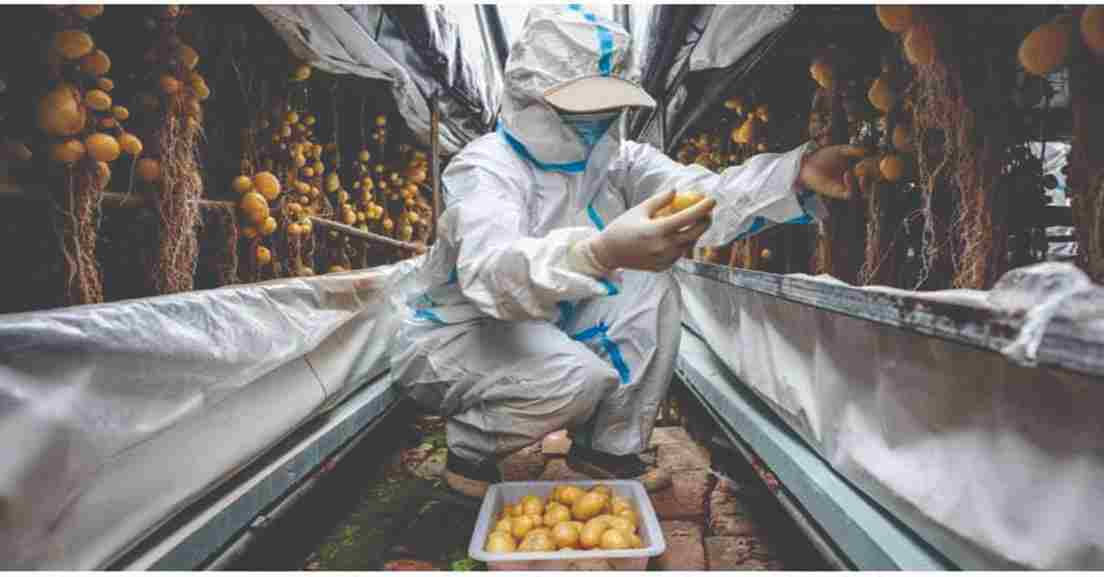Chinese Scientists Develop ‘Climate-Resilient’ Potatoes to Tackle Food Security Challenges
Climate models predict global temperatures could rise by 3.1°C above pre-industrial levels by 2100.

China, the world’s largest producer of potatoes—a staple vital to global food security—is pioneering solutions to combat the impact of climate change on agriculture.
At a research facility in northwest Beijing, molecular biologist Li Jieping and his team are leading groundbreaking studies to develop potatoes that can withstand rising temperatures.
Tiny Potatoes, Big Discoveries
In their latest experiment, Li’s team grew potatoes under simulated high-temperature conditions anticipated by the end of the century.
The result? A cluster of unusually small tubers, some as tiny as a quail’s egg, weighing just 136 grams (4.8 oz).
These potatoes are significantly smaller than typical varieties grown in China, often double the size of a baseball.
Potatoes are prized for their high yield compared to other staple crops, making them crucial in addressing global food security.
However, the crop is highly sensitive to heat, and rising global temperatures—combined with increasing droughts and floods—are threatening potato yields worldwide.
Climate Change and Potato Yields
Li’s research, published in Climate Smart Agriculture, highlights alarming trends.
Potatoes grown at temperatures 3°C above current averages matured 10 days faster but suffered a dramatic yield reduction of over 50%.
These conditions mimic projections for regions like northern Hebei and Inner Mongolia, where potatoes are traditionally cultivated.
Climate models predict global temperatures could rise by 3.1°C above pre-industrial levels by 2100.
In Inner Mongolia, this shift has already led to crop losses from heavy rains and diseases like late blight, which thrive in warmer, wetter conditions.
Innovative Solutions for a Global Challenge
To address these threats, Chinese scientists are developing climate-resilient potato varieties through genetic modification and aeroponic systems.
Companies like Yakeshi Senfeng are also adopting advanced technologies to boost yields and reduce disease risks.
Collaborative efforts with the International Potato Center (CIP) and the Chinese government are helping farmers adapt to these challenges.
Li emphasizes that action is urgent. Farmers must adapt planting schedules or relocate crops to higher altitudes to escape the heat.
Without such measures, yields will drop, prices will rise, and food security will worsen.
The Road Ahead
“We need to act now,” Li urges. “Without solutions, farmers will face declining incomes, and consumers will bear the brunt of rising costs.”
China’s commitment to tackling these challenges underscores the critical need for innovation and collaboration to safeguard the future of agriculture in a warming world.
